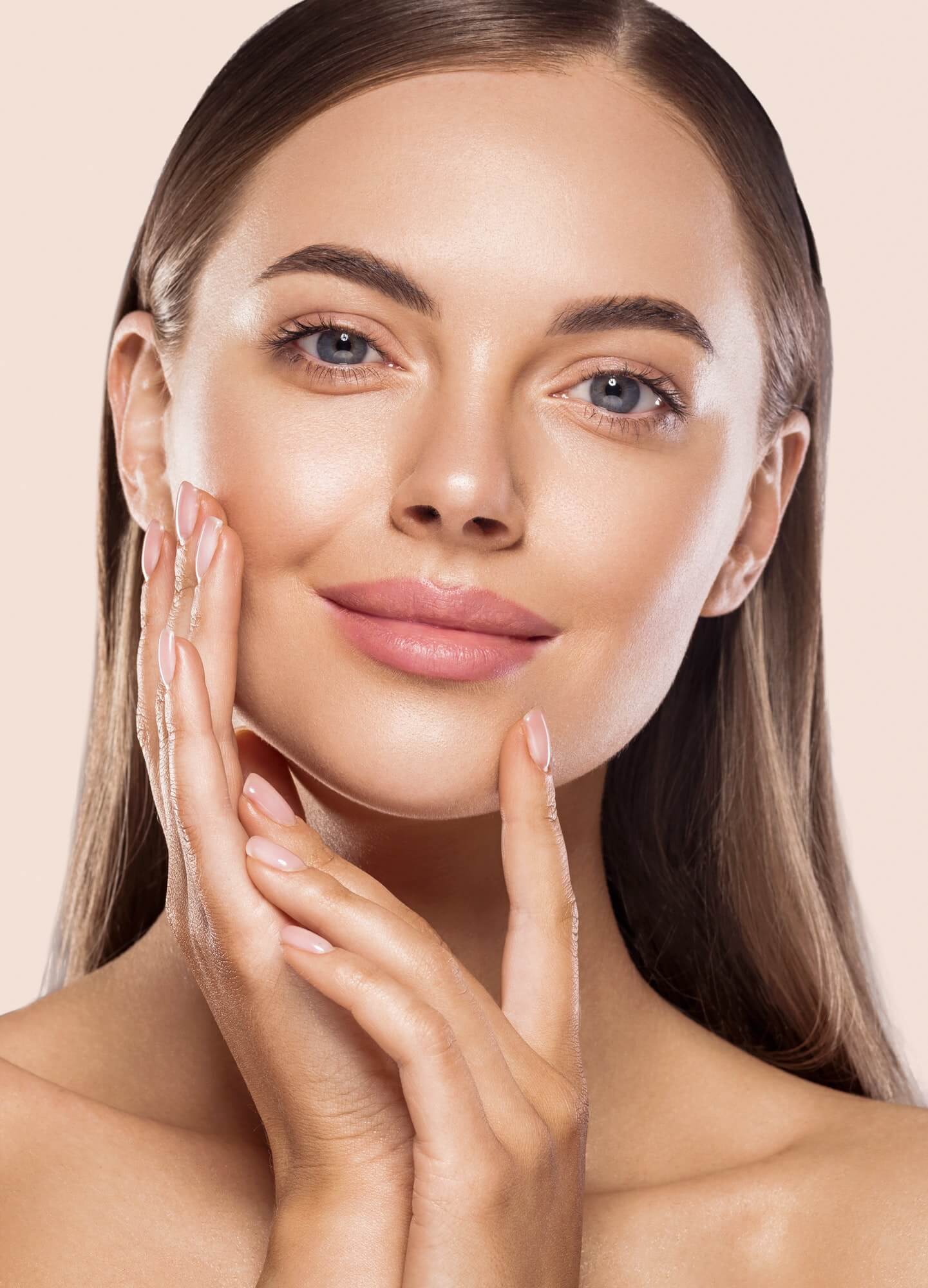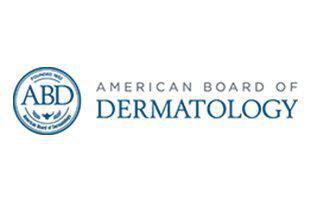What’s a chemical peel?
Dr. Shabazz performs a chemical peel by applying a chemical solution to the skin. This causes the skin to exfoliate and peel off dead layers of cells. The new skin that’s revealed is smoother, less wrinkled, and clearer in complexion. In addition to wrinkles, peels help with acne scars, the appearance of aging, melasma, discoloration, scars, sun damage, and sagging skin.
What level of peel is for me?
Chemical peels come in superficial, medium, and deep versions. Dr. Shabazz recommends the peel best for your condition. The superficial, or lunchtime, peel penetrates the most outer layer of skin and is best for just mild discoloration and an overall refreshing of your complexion. Medium peels penetrate the outer and middle layers of the skin and removes damaged cells. It’s usually appropriate if you want to improve the appearance of age spots, fine lines, and wrinkles. A deep peel penetrates the middle layer of skin to remove moderate lines, age spots, freckles, and shallow scars. Deep peels are a single-time treatment only.
What are the side effects?
You’ll feel some stinging, but generally, peels aren’t painful. Immediately following the peel, you may also have some stinging, redness, and even crusting. The deeper peels usually have more intense effects and you may be prescribed creams or gels to lessen these immediate side effects. You’ll be instructed to avoid the sun and smoking after the peel as your skin is extra sensitive.
Who are the best candidates for a peel?
People of all skin types are candidates for chemical peels, however, we recommend consulting with a board certified dermatologist so that the peel can be correctly tailored to your skin type. Dark skin does not always react well to peels. If you have an infection, skin disease, cut skin, sunburn, or open sores, you should wait to have a peel until your skin heals. Chemical peels are ill advised for anyone nursing or pregnant and also for those with psoriasis, rosacea, dermatitis, or eczema. Dr. Shabazz also recommends to hold off on a giving you a chemical peel if you’ve taken Accutane in the last 6 months (or are currently taking it.)















